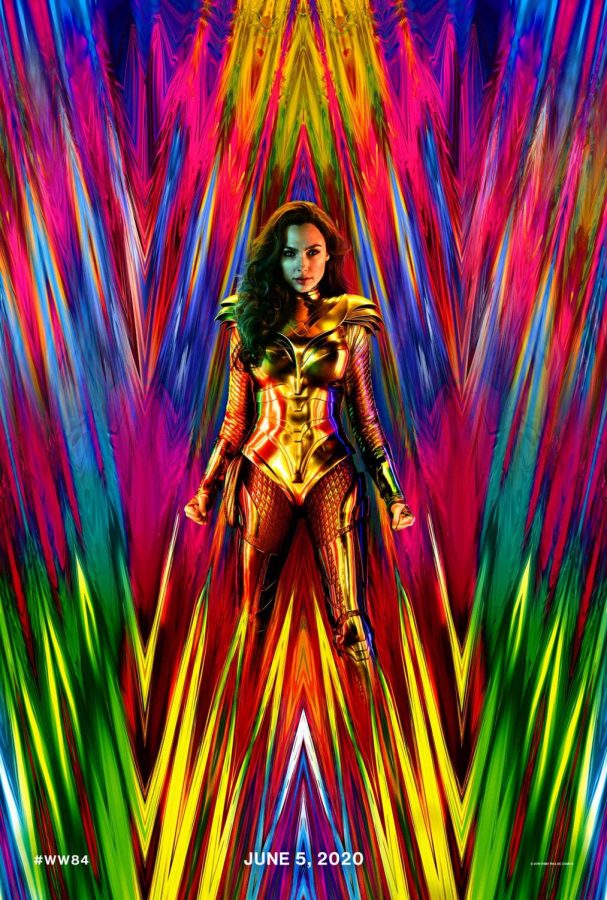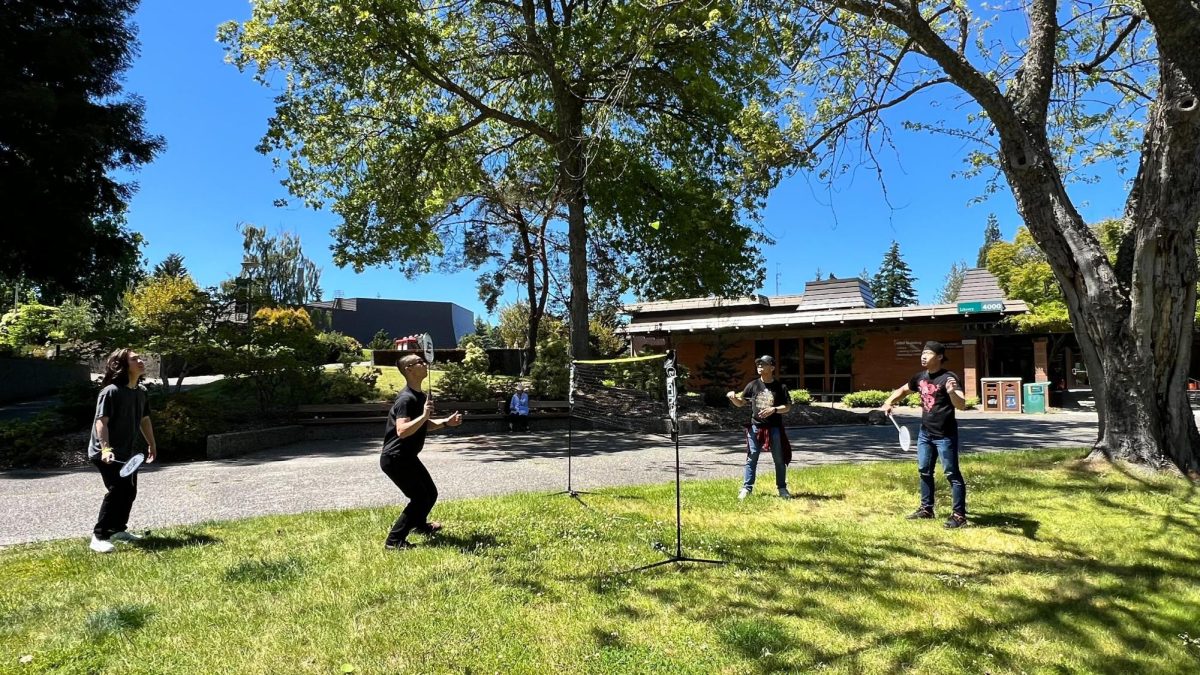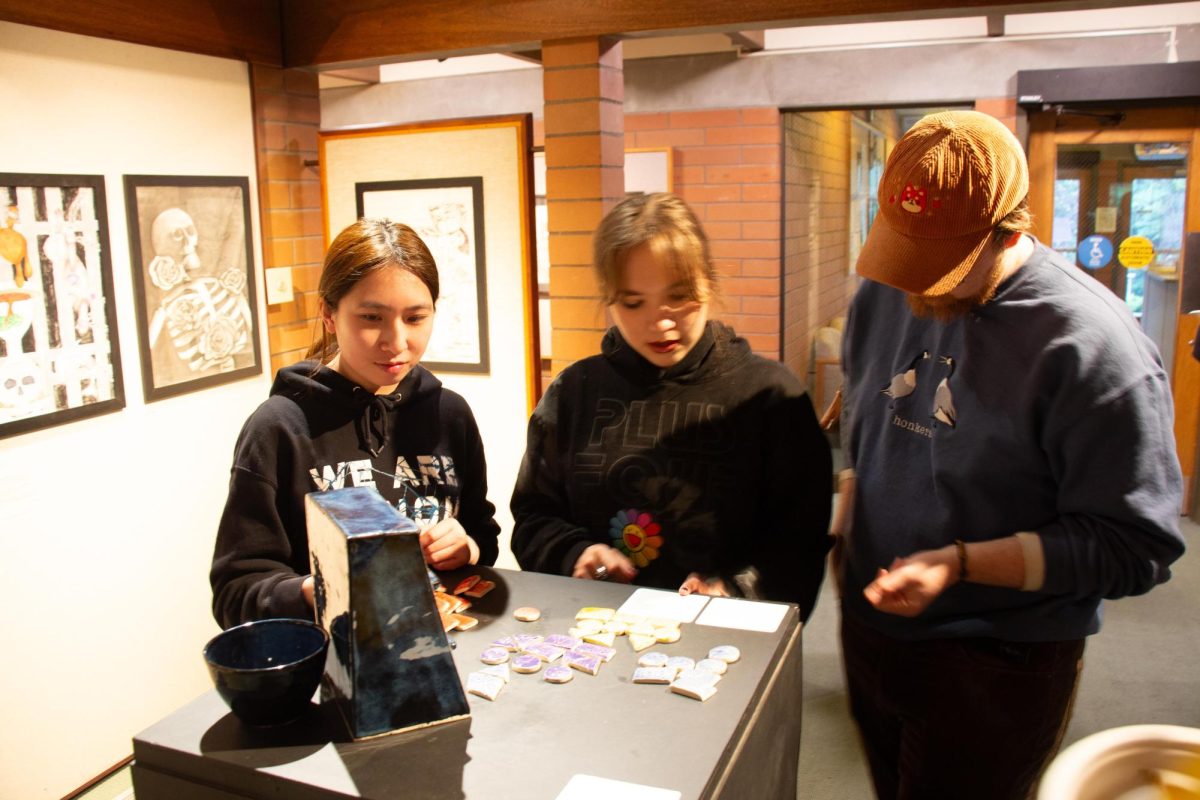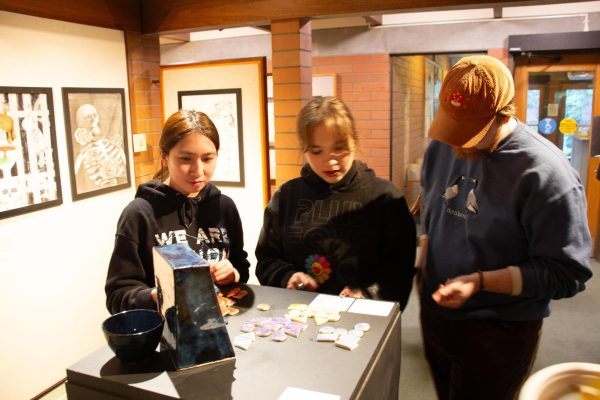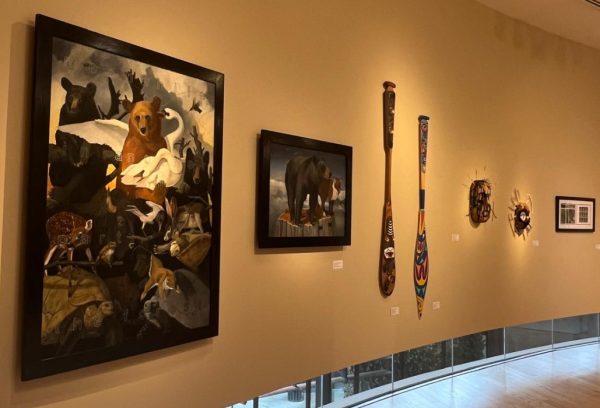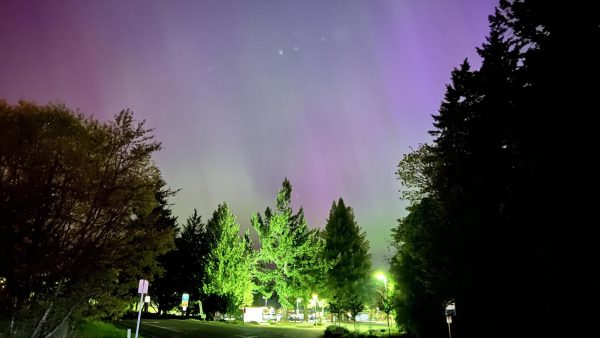‘Wonder Woman 1984’: Promising Themes Lead To Underwhelming Payoff
January 22, 2021
It’s been three years since “Wonder Woman” last graced the screen, so it’s no surprise that fans of the DC Cinematic Universe were anticipating the return of the superheroine played by Gal Gadot when “Wonder Woman 1984” was released in December.
The Plot
In 1984, Diana Prince, Princess of Themyscira and daughter of the Greek gods Hippolyta and Zeus, leads a double life fighting crime as Wonder Woman while working at the Smithsonian in Washington DC.
She hasn’t aged a day since the events of the first film, but Diana’s evident loneliness hints at the loss she’s experienced over the 66 years that have passed.
When Diana foils a robbery that unearths a black market dedicated to moving stolen artifacts, the FBI sends the artifacts to The Smithsonian where she comes into contact with the wish-granting “dreamstone.”
The stone, however, is the product of a trickster god who arranged it so that every wish made on it comes true — with serious consequences.
The Players
Going head-to-head against Gal Gadot’s Diana was Kristen Wiig as Barbra Minerva, Diana’s co-worker and friend. Later on, she becomes the supervillain Cheetah as a result of wishes she’s made on the dreamstone.
This rivalry becomes the highlight of the story as they turn from friends to enemies due to Barbara’s envy of Diana. Meanwhile, aspiring all-American oil tycoon Maxwell Lord plays on these emotions in his quest for power.
Maxwell Lord, played by Pedro Pascal (“The Mandalorian,” “Narcos”), was reminiscent of Donald Trump — albeit with more redeeming qualities.
He comes into the picture early on in an advertisement for his oil company where he asks the general public to invest as he is on the brink of fortune. In reality, his company is failing as a result of the lack of oil it possesses.
Over the course of the film, he seeks to change his reality using the power of the dreamstone — going as far as becoming president. He wins hearts through granting wishes but takes something of great value immediately after they’ve been granted.
Allusions
The dreamstone aspect of “Wonder Woman” recalls themes of “The Monkey’s Paw,” a short story written by WW Jacobs in 1902.
In it, a family is visited by a soldier who returns from abroad with a monkey’s paw that grants wishes. He burns it in their fireplace warning of the horrors that come from the wishes it grants, but it survives the inferno and the father in the household wishes for money to pay off his mortgage.
The father gets his money, but only through insurance resulting from his son’s death. His mother wishes him back out of grief; but when the father hears a knock at the door, he revokes the wish — horrified by the possibility of what could be on the other side.
I’ve been intrigued by the tale ever since I was compelled to seek it out after watching films from Jordan Peele’s Monkeypaw Productions. The company was founded in 2012 and since then, they’ve been committed to telling stories like “Us,” “Get Out” and “Lovecraft Country” with the same guiding principles that make the original story so captivating.
Flash Over Substance
I walked away from “Wonder Woman” wishing that the consequences for each wish were more dire. While I saw great potential in Maxwell Lord’s newfound power, it was unfortunately undermined by lazy writing — which may have been intentional.
The oldest rule in the book is “show, don’t tell,” but throughout the film, viewers are merely told about consequences and offered a glimpse of them before the movie quickly moves on to the next scene.
“Wonder Woman” strove to capture the flare of an 80s film with its writing, but in doing so it took less risks. Unlike “The Monkey’s Paw,” it opted for a relatively happy ending.
When they alluded to the aforementioned “trickster god,” I was hoping I’d actually get to see him somewhere down the line (as was the case with Aries in the prequel), but he was only there in spirit.
At the end on the day, the best reason to watch “Wonder Woman” would be out of curiosity — just don’t expect anything groundbreaking.

